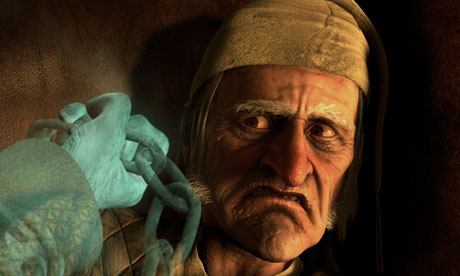
The Winter Solstice has just passed. The darkness of winter is slowly and almost imperceptibly giving way to the light. This is the true New Year.
No, I’m not going to bang on about writerly resolutions. Instead, I’m thinking about new beginnings. And when they’re necessary, writing-wise.
My first novel was a bit of a miracle. I’d turned up for a week’s How To Write A Novel course, run by the redoubtable romantic novelist, Jane Pollard. I arrived clutching my WIP like a lifebelt – not much of it, but a beginning nonetheless – all bright-eyed and ready to Learn. Imagine my horror when Jane told us to abandon any novel we’d already begun and to start, this week, from scratch. What the hell would I write about? But I reluctantly let the novel go.
That night, something extraordinary happened. After a long day on the course, the germ of an idea appeared. I sat at my kitchen table and began to write. By next morning I had a story. Something I’d never thought of writing. I knew who the characters were to be. I knew roughly what happened and how. I knew how it ended. Indeed, when Jane had us write a sex scene during the week’s course, I wrote the final scene. And whilst much of the novel has changed over the course of the following five years, that scene has remained almost untouched.
So I’ve been struggling to write my second novel for ages. I got as far as a third of the way through, and stopped. Then I embarked on a frenzy of editing – bad idea - and stopped again. I ran it past various writerly friends and colleagues – and stopped yet again.
Of course it’s different second time around. I’ve been busy editing and preparing the first novel for publication. I have a marketing plan to sort out. I’ve also moved house twice in a year and had countless stressful things to deal with. Is this the reason why I haven’t written anything new for over a year? Could be. Or is it fear? Quite possibly. Or the dreaded Second Novel Syndrome? Wouldn’t be surprised.
Or do I need to let this novel go and see whether there’s a sliver of a new idea waiting to be born?
It’s a knotty question. It may be that I haven’t fully committed to the novel. It may be that I haven’t yet fallen in love with the characters or the plot. These things may happen in time. Or they may not.
It’s a bit like being in a relationship which has weathered the early, heady days but got stagnant. Do you persevere with it in the hope that it will deepen and revive or let it go and trust that something more resembling a soulmate will appear?
Part of me longs to set the current novel aside and start again, from scratch. To sign up for a course in novel-writing and begin again at the beginning. To somehow wipe away the years of rejection and angst and find again that bright-eyed innocence, that trust in the process and a successful outcome. But as William Blake wrote, once you’ve been through the process of Experience you will never have that innocence again. All you can do is bring your newfound experience to bear on the next thing, and try to learn to trust.
So my toast, this Winter Solstice, is to new beginnings. Whether this means a new commitment to an old love, or the search for a new, unknown one. Perhaps all that’s required is an empty heart. I wish you all joy for your writerly festivities and all creativity and joy for the year to come. Oh, and here are three quotes, as companions on the journey:
Vitality shows in not only the ability to persist but the ability to start over.
F.Scott Fitzgerald
Standing on the starting line, we are all cowards.
Alberto Salazar
You don’t need endless time and perfect conditions. Do it now. Do it today. Do it for twenty minutes and watch your heart start beating.
Barbara Sher









